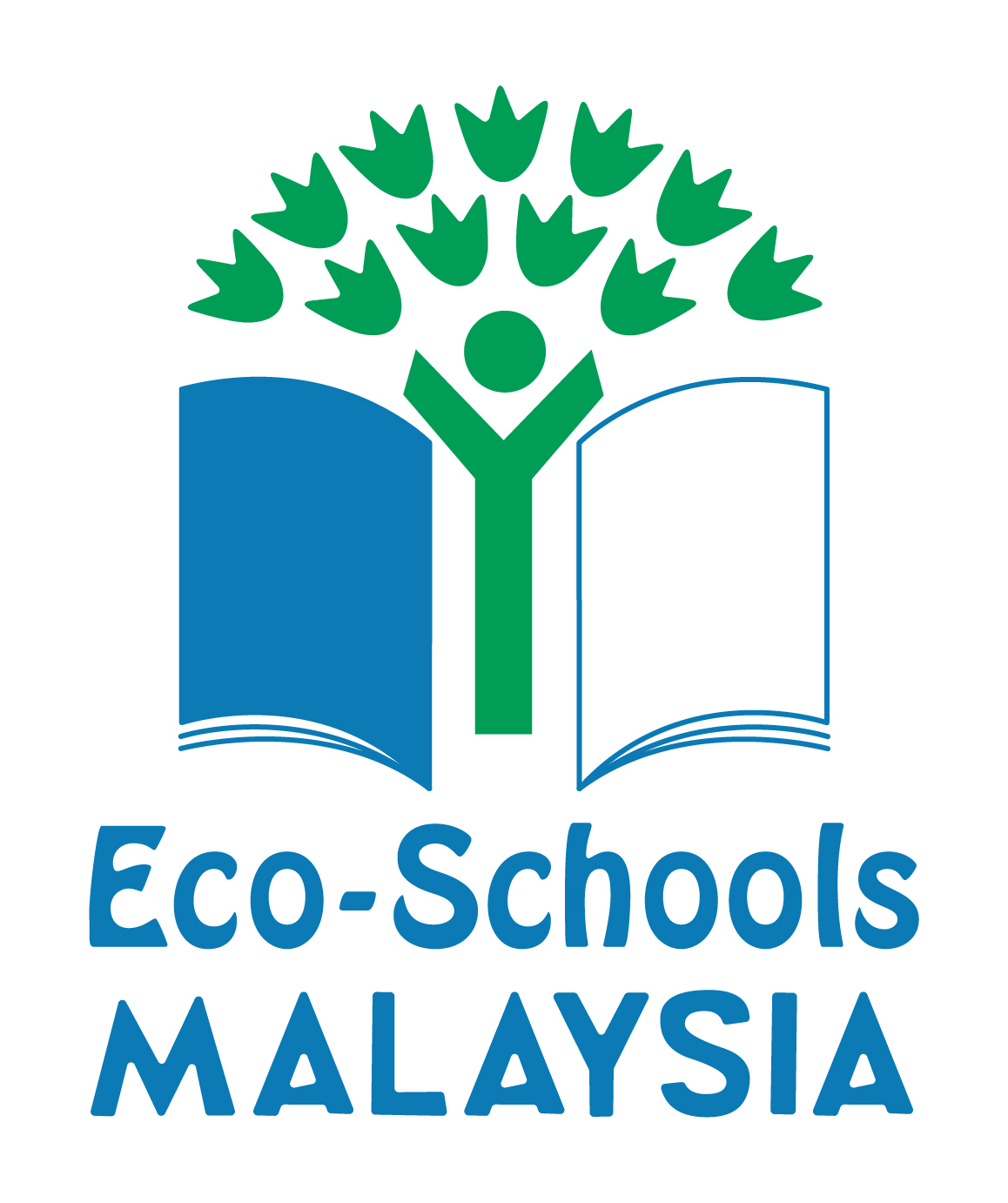History & Values of Eco-Schools
Historical milestones of eco-schools
First Decade 1994-2004
FEE developed the Eco-Schools programme after the United Nations (UN) Conference on Environment and Development.
FEE launched the Eco-Schools programme in Denmark, Germany, Greece and the United Kingdom with the support of the European Commission.
Eco-Schools was identified by UNEP as a model initiative for Education for Sustainable Develapment, with 30 countries on board.
Second Decade 2004 - 2014
Toyota Motor Europe via its Toyota Fund for Europe supports the Environment and Innovaon Project Second Cycle, with the theme: Climate Change: Let's Save Energy!, which was implemented in six countries: Italy, Portugal, Turkey, Finland, Norway and Denmark
Eco-Schools and its sister programme Young Reporters for the Environment received the second largest sponsorship ever from the Wrigley Company Foundation for a three-year Litter Less Campaign. FEE also formalised its connection with UNESCO through the NGO in official relatioms with UNESCO" partnership.
Eco-Schools launches a new website, Facebook page and its World Days of Action which later became FEE Global Action Days, with 58 countries on board.
Third Decade 2014
Eco-Schools enters a corporate partnership with Alcoa Foundation on Water, Waste and Energy, and later adds Climate Change and Biodiversity! Thanks to a generous donation from Wrigley Foundation, FEE sets up the Emerging Eco-Schools Fund which provides countries in Sub-Saharan Africa with better opportunities to implement the Eco-Schools programme.
Eco-Schools values

Action
We engage in positive educational activities

Cooperation
We involve our stakeholders in the activities

Transparency
We are responsible and accountable

Excellence
We strive for quality in the activities

Democracy
We use democratic decision-making processes

